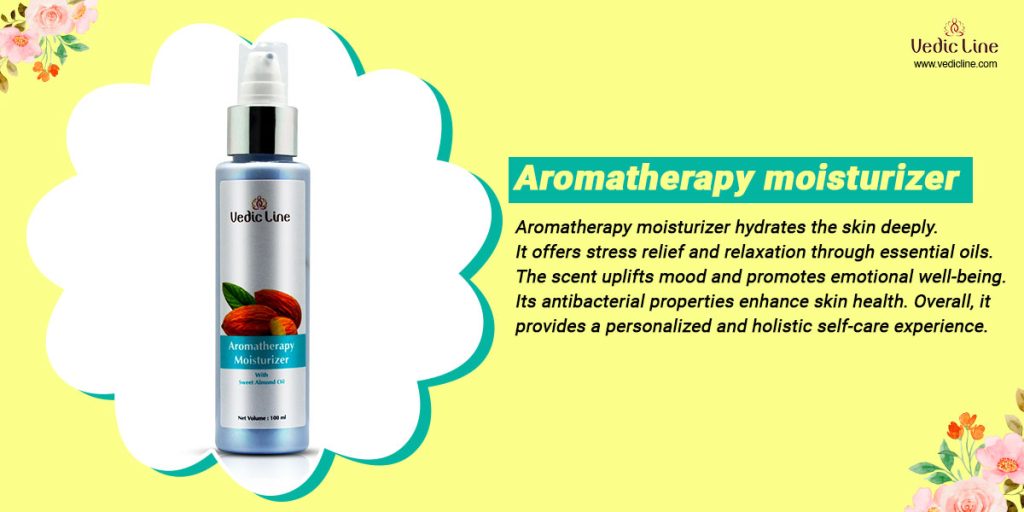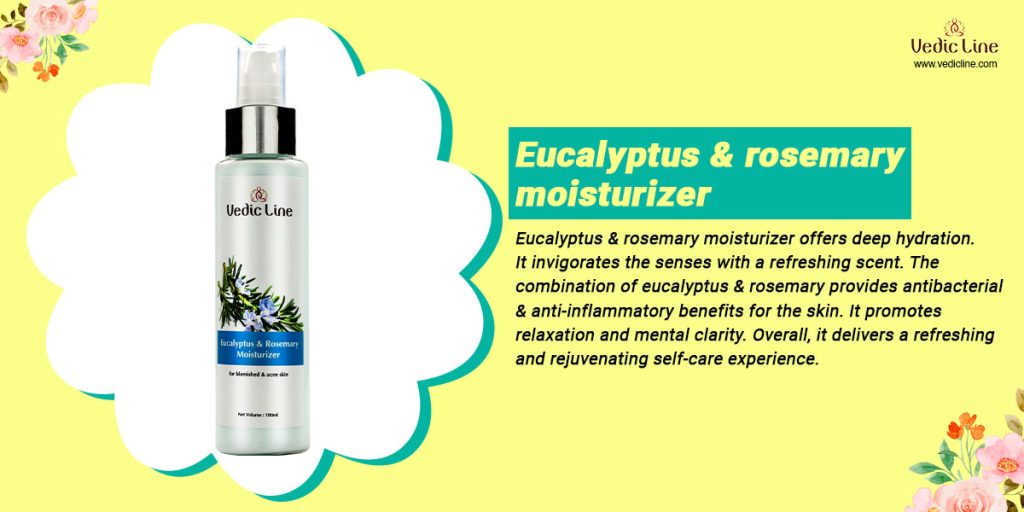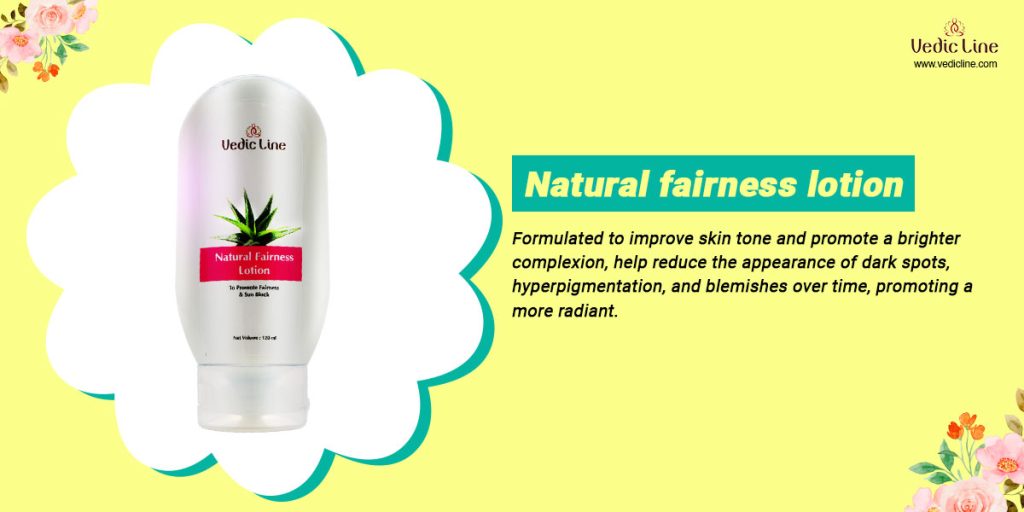Having oily skin has its benefits and its drawbacks. On one hand, it’s often more resilient to aging and tends to stay hydrated. On the other hand, excess oil production can lead to clogged pores, acne, and an overall greasy complexion. Deciphering the mystery of finding the right moisturizer for oily skin is essential for maintaining a balanced, healthy complexion. We’ll explore here the essential dos and don’ts to consider while selecting and using moisturizers for oily skin.
Understanding Oily Skin
It’s important to comprehend the particular characteristics of moisturizer for oily skin before stepping foot in the realm. Larger pores and a glossy complexion might result from oily skin’s overproduction of sebum. Despite what the general public believes, moisture is necessary for oily skin. Finding the ideal balance is crucial to avoiding overdoing the skin with thick, pore-clogging creams.
The Essential Do’s:
Choose Oil-Free Formulas: Opt for oil-free or non-comedogenic moisturizers that won’t clog pores. Look for labels that explicitly mention being suitable for oily or acne-prone skin.
Hydration is Key: Focus on lightweight, water-based formulations that provide hydration without adding extra oil. Glycerin and hyaluronic acid are great options for preserving skin hydration.
SPF Protection: Don’t skip the sunscreen. Pick a moisturizer with at least SPF 30 to protect your skin from harmful UV rays. Sunscreen is crucial, even for oily skin, as it prevents premature aging and potential damage.

Matte Finish: Always look after for moisturizers that offer a matte touch. These formulations can help control excess shine throughout the day, providing a smooth canvas for makeup application if desired.
Consistent Routine: Establish a consistent skincare routine. It is important to clean your face at least twice a day to remove excess oil and dirt. Keep the skin’s balance in check by applying a suitable moisturizer.
Gentle Exfoliation: Incorporate gentle exfoliation into your routine to prevent the buildup of dead skin cells, which can contribute to excess oil production. Use a mild exfoliant containing ingredients like salicylic acid.
Antioxidant Boost: Consider moisturizers with antioxidants such as vitamin C or E. These can help protect the skin from environmental damage while providing additional nourishment.
Non-Comedogenic Ingredients: Check for non-comedogenic ingredients like aloe vera, chamomile, or green tea. These soothe the skin without causing breakouts.
Conservative Application: Apply moisturizer sparingly. A little goes a long way, and over-application can lead to a greasy feel. Focus on the areas that need it most, such as the cheeks and jawline.
Trial and Error: Finding the right moisturizer may require some experimentation. Don’t be afraid to try different products to see what works best for your skin type.
The Essential Don’ts:
Avoid Heavy Creams: Steer clear of thick, creamy moisturizers that may feel too heavy on oily skin. These can potentially clog pores and worsen acne.
Say No to Mineral Oils: Avoid moisturizers containing mineral oil, as they can contribute to a greasy feel and may not be well-absorbed by the skin.
Overusing Harsh Ingredients: Refrain from overusing harsh ingredients like alcohol or benzoyl peroxide. While these may control oil temporarily, they can strip the skin of essential moisture, leading to rebound oiliness.

Skipping Moisturizer Altogether: Resist the temptation to skip moisturizer altogether. Oily skin still needs hydration, and skipping this step can lead to imbalances and increased oil production.
Fragrance Overload: Be cautious with heavily fragranced moisturizers, as they can potentially irritate the skin. Look for fragrance-free or lightly scented options.
Ignoring Individual Needs: Every person’s skin is unique.It is not a given that what works for others will work for you. Take note of the particular requirements of your skin and modify your routine accordingly.
Inconsistent Skincare Routine: Inconsistency can disrupt your skin’s natural balance. Stick to a regular skincare routine to see the best results from your moisturizer.
Using Hot Water: Avoid using excessively hot water when cleansing your face, as it can strip the skin of its natural oils, prompting it to produce more oil to compensate.
Picking at the Skin: Refrain from picking at blemishes or touching your face frequently. This can introduce bacteria and exacerbate skin issues.
Ignoring Professional Advice: If your oily skin concerns persist, consult a dermatologist for personalized advice. Professional guidance can help you navigate through a variety of products and find the most effective solutions for your skin type.

Closing Lines
Moisturizer for oily skin doesn’t have to be a perplexing task. By adhering to the essential dos and don’ts outlined in this guide, you can establish a skincare routine that nourishes and balances your skin. Remember that achieving healthy skin is a journey, and finding the right moisturizer may require some patience and experimentation. Embrace the uniqueness of your skin, and with the right care, you can unlock a radiant and well-hydrated complexion.
















